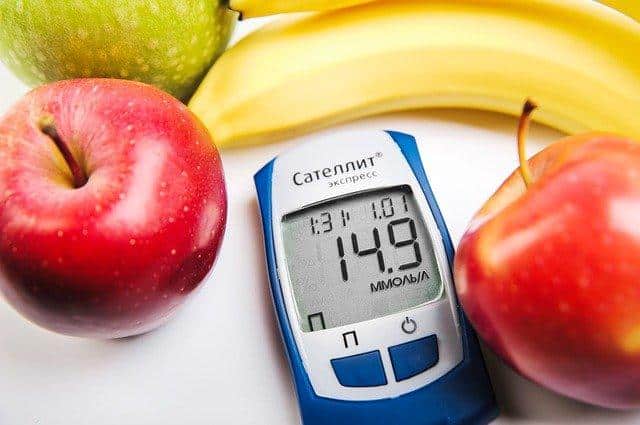There are a few things as scary to hear as cancer. It can make you feel hopeless and in despair. However, just because there isn't any true cure for cancer yet doesn't mean it's not controllable.
Medical research and technologies have come a long way that allows oncologists to administer various treatment plans to prolong your life and lead a healthy and happy life. All you need is to catch the signs early and begin treatment right away.
So, here are six signs you need to know when you need to see an oncologist.
Signs of Cancer
The exact signs and symptoms can depend on the type of cancer you have. For instance, in the case of skin cancer, you might notice sores or unusual tumours on your skin. In the case of lung cancer, you might have a cough that doesn't go away.
However, some general signs are often seen in most cases of cancer. If cancer is a recurring disease in your family, it will help you familiarise yourself with those exact symptoms. Here are some general signs you need to watch out for.
Weight Changes
A change in weight is one of the most common and first signs of cancer. This could either be a sudden weight loss or even weight gain. If you haven't changed your diet or workouts and are suddenly experiencing significant fluctuations in your weight, you might want to schedule an appointment with your doctor right away.
Fatigue and Muscle Pain
If you find yourself tired all the time even though you take plenty of rest or don't exert your body physically, it might be a sign to visit your oncologist. Leukaemia or stomach cancer, or even just weight loss, often causes muscle pain and tiredness.
You could also be experiencing fatigue and exhaustion due to a low blood count. Certain cancers, such as bowel cancer, lead to anaemia which causes fatigue due to less blood in the body.
Persistent Coughs or Headaches
The most quintessential characteristic of a cancer symptom is its persistence. Whether it's a cough or headache or anything else, it will continue to appear even when you are taking normal medications for them. Therefore, if you notice any persistent symptoms, such as chronic coughing or headaches, visit an oncologist right away to get yourself tested.
Unexplained Bruising
Bruises or bleeding on different parts of the body where you haven't been hit or injured are signs of blood cancer and indicate that something is wrong. So, always keep an eye on your body for any fresh and explained bruises and report them to your doctor right away.
Changes in Bladder and Bowel Habits
A sudden change in your bathroom habits could also signal something dangerous. If you find yourself struggling to urinate, feeling pain while urinating, or catching the blood in your urine or stool, it could be a sign of prostate cancer or even other serious problems.
Stomach Pain and Indigestion
While this is a common sign of stomach cancer, stomach pain, indigestion, nausea, vomiting, etc., can be signs of other types of cancers. So, if you notice these signs frequently in your body, it could point towards certain cancer cells.
Final Thoughts
If you do start noticing these signs in yourself or even in anyone around you, don't panic or give up on yourself. As your primary care doctor or oncologist will tell you, even if the cancer isn't curable, it might be controllable.
This means they can manage the symptoms through tailored treatment plans, allowing you to live a normal life. Schedule an appointment with your oncologist, and they will tell you everything you need to know about living your life to the fullest.


